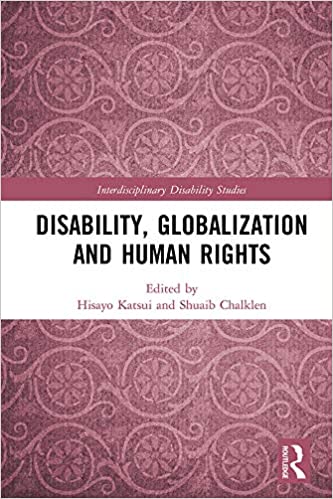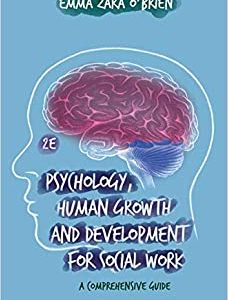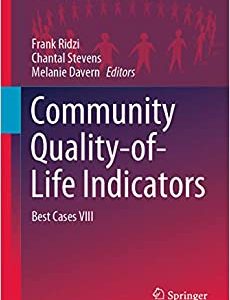The UN Convention on the Rights of Persons with Disabilities has facilitated the understanding that disability is both a human rights and development issue. In order to achieve the Sustainable Development Goals by 2030, the focus on disability inclusion has become increasingly important in the discourse of international and national efforts for "leaving no one behind", the motto of the SDGs. This book discusses pertinent and emerging themes such as disability rights, globalization, inequalities, international cooperation and representation.
Evidence which has been obtained tends to show that persons with disabilities have been disproportionately left behind without proper representation, participation and inclusion. This book critically investigates the gaps at different levels, from top to bottom, and as importantly, within the global disability movement, for the realization of global disability rights, and theorizes the intersection of disability, globalization and human rights. Empirical case studies from different countries and contexts are introduced to deepen analysis on theories of critical disability studies from a global perspective.
Co-edited by a disability researcher and the former United Nations Special Rapporteur on Disability, this book will be of interest to all students, academics, policy makers and practitioners working to advance the cause of disability rights around the world.











